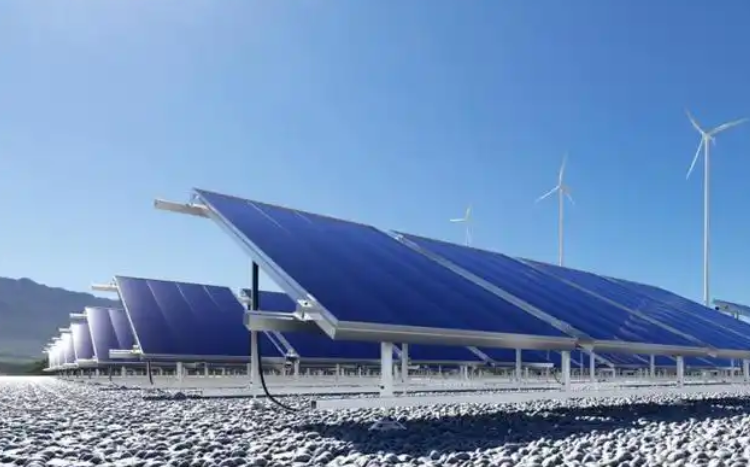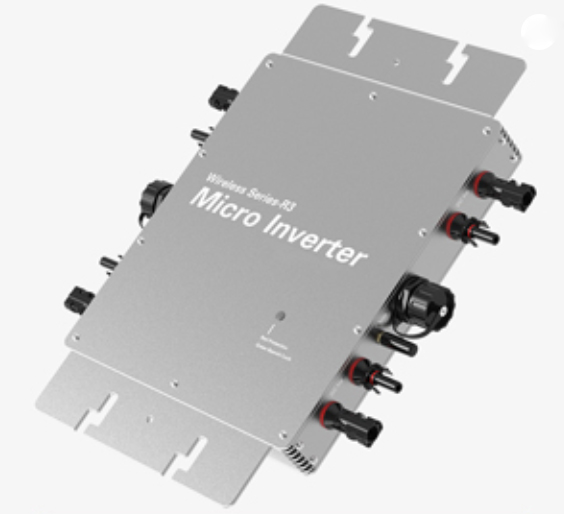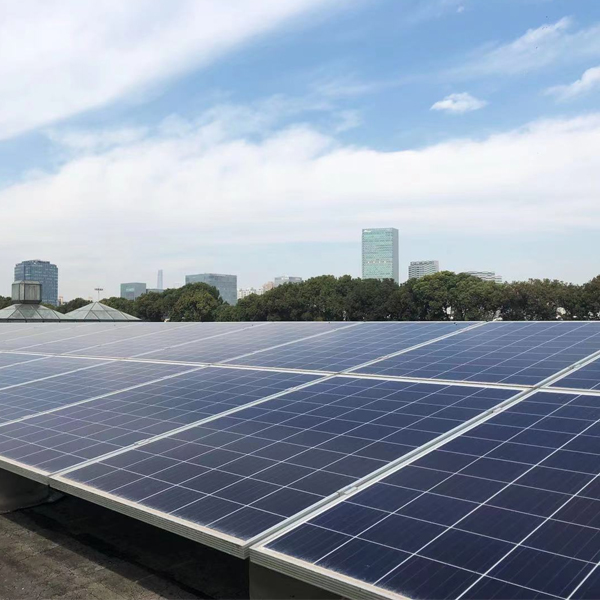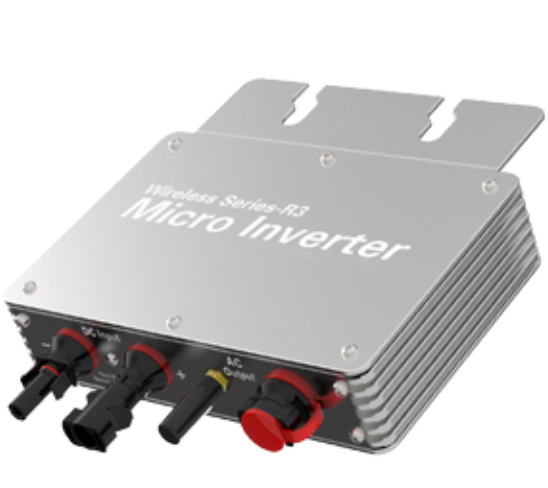Photovoltaic inverter is a device that plays an important role in the solar power generation system, and its function is to convert the direct current energy converted by solar photovoltaic panels into AC electricity to meet the needs of household or industrial electricity. Therefore, the performance and quality of photovoltaic inverters play a crucial role in the operational stability and power generation efficiency of the entire solar power system.

In order to ensure that the performance and quality of photovoltaic inverters are effectively guaranteed, a series of testing standards and requirements have been developed. It mainly includes the following aspects:
1. Product appearance detection: mainly check whether the appearance of the photovoltaic inverter is complete, whether there is obvious damage or wear, and whether the product identification is clear and identifiable.
2. Output power detection: Detect whether the output power of the inverter meets the specified rating to verify the stability and reliability of its output power.
3. Input voltage range detection: Detect whether the input voltage range of the inverter meets the specified range to ensure that the inverter can adapt to different lighting conditions and power grid voltage fluctuations.
4. Efficiency detection: Detect the inverter conversion efficiency, peak power point tracking efficiency and other performance indicators to evaluate its energy conversion efficiency and energy saving performance.
5. Overload capacity detection: Test whether the inverter can withstand overload current beyond the rated load in a short time to verify its overload protection ability.
6. Insulation performance test: test whether the insulation impedance of the inverter meets the specified standards to ensure the safety of the inverter during operation.
When testing the photovoltaic inverter, it is necessary to operate in strict accordance with the standard requirements, and be tested by a professional testing organization or a third-party certification body to ensure the authority and reliability of the test results. Only the photovoltaic inverter that has been verified by strict testing can be approved and put into use, so as to ensure the normal operation and power generation efficiency of the solar power generation system.
To sum up, the testing standards and requirements of photovoltaic inverters play a vital role in ensuring the normal operation and power generation efficiency of solar power generation systems, and only through strict testing and verification can we ensure that the performance and quality of the inverter achieve the desired effect in actual use. It is hoped that in the future development of the field of solar power generation, the detection work of photovoltaic inverters can be more comprehensive and in-depth attention, and make greater contributions to promoting the development of clean energy.



